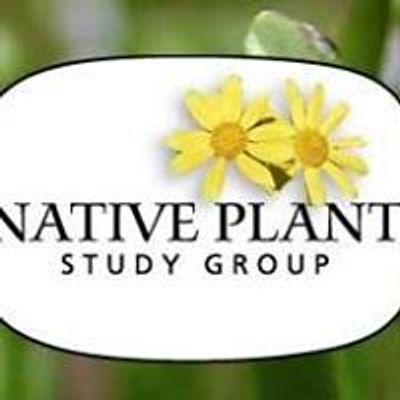
Advertisement
~In-Person and Online~This NPSG Gathering and Guest Speaker features a Native Plant Raffle + Social + Guest Speaker Featuring:
Discover (almost) 20 Years of Restoration at Maqwum (Burns) Bog
with Thomas Munson
At the Swan Lake Nature House, 3873 Swan Lake Road
And on Zoom registration here: https://us06web.zoom.us/meeting/register/tZwtduGrrDgvHNcvzo2_SppiZq2SdbeOn_-J
Free Event, donations accepted, everyone welcome and no need to register for in-person event.
About Talk: Maqwum (Burns) Bog is located on the traditional, ancestral, and unceded territories of the scəw̓aθən (Tsawwassen), xʷməθkʷəy̓əm (Musqueam), and other Coast Salish Peoples.
The scəw̓aθən (Tsawwassen) people may have used the name Maqwum as the original name for Burns Bog. Maqwum is the Hun'qum'i'num word for bog, but it may also be a reference to the name of a plant that is harvested there.
Source: "Tsawwassen First Nation Aboriginal Traditional Knowledge Study" by Tsawwassen members, 2001-02.
Maqwum is the most southerly raised peat bog on the west coast of North America. It covers about 3000 hectares of land near the mouth of the Fraser River in Delta. Most of the bog is protected as the Burns Bog Ecological Conservancy Area (BBECA). Since 2005 Thomas has conducted annual field work (monitoring of almost 70 vegetation plots) in Maqwum Bog, which is off limits to the public. He also made a presentation at the International Conference on Peatlands in Ireland in 2008. Learn about bog ecology, the most common bog plants, the impacts of fire on the bog, bogs and climate change, and the long-term ecological field work being conducted at Burns Bog for Metro Vancouver. And Labrador Tea from Maqwum Bog will be served!
Speaker Bio: Thomas Munson holds a Bachelor of Environmental Studies degree from University of Waterloo, and a Restoration of Natural Systems Diploma and Masters of Science degree
from the University of Victoria. He is a Professional Agrologist and Certified Wildlife and Danger Tree Assessor. He worked with First Nations in the Yukon Territory, British Columbia, and Colombia, South America for much of his career. Thomas has carried out work in the botanical field via ethnobotany studies, forestry and vegetation inventory and environmental impact assessment. Thomas worked for many years as Environmental
Technician for City of Victoria Parks, in ecological restoration and management of Garry oak ecosystems and their rare plant species. He has worked on long term ecological vegetation monitoring for Metro Vancouver in the unique ecosystem of Burns Bog in Delta, BC, for 18 years. He teaches an introductory course through the University of Victoria on ecological and cultural restoration, and maintains an active interest in community ecological restoration projects in the Coastal Douglas-fir ecosystems of southern Vancouver Island.
About Event Timeline:
6:30-7:00 Volunteer Set up and socialize (anyone welcome to help for 3 free raffle tickets!)
7:00-7:15 Introductions & Welcome
7:20-8:20 Presentation including Q&A
8:20-8:30 Tea & Cookies break
8:30-8:45 NPSG Announcements, Upcoming Events, Question Jar
8:45-9:00 Plant Raffle!
Help with set up or bring cookies to share for 3 free raffle tickets!
Note: This talk will be recorded, and all speaker talks are shared to NPSG members. To become a member, visit npsg.ca
About NPSG
The Native Plant Study Group is dedicated to learning about the native plants of the local area and in garden setting. Our diverse membership ranges from biologists to hobby gardeners, from horticulturists to plant enthusiasts. General meetings are held on the third Thursday of each month from September to May (except December) and feature a speaker, draw for native plants, and discussion. Visit http://www.npsg.ca for more info or to become a member.
Territorial Acknowledgement
The Native Plant Study Group respectfully acknowledges that we meet on the unceded territory of the W̱SÁNEĆ and Lekwungen Peoples. We are a garden group with a strong interest in gardening with native plants for their aesthetic, intrinsic, and conservation values. We gratefully recognize the longstanding stewards of these plants and ecosystems, as well as their cultural significance.
We encourage a safe and respectful space for everyone to learn along with us in the process of decolonization.
Advertisement
Event Venue & Nearby Stays
Swan Lake Christmas Hill Nature Sanctuary Society, 3873 Swan Lake Rd, Saanich, BC V8X 3W1, Canada,Victoria, British Columbia
Tickets












